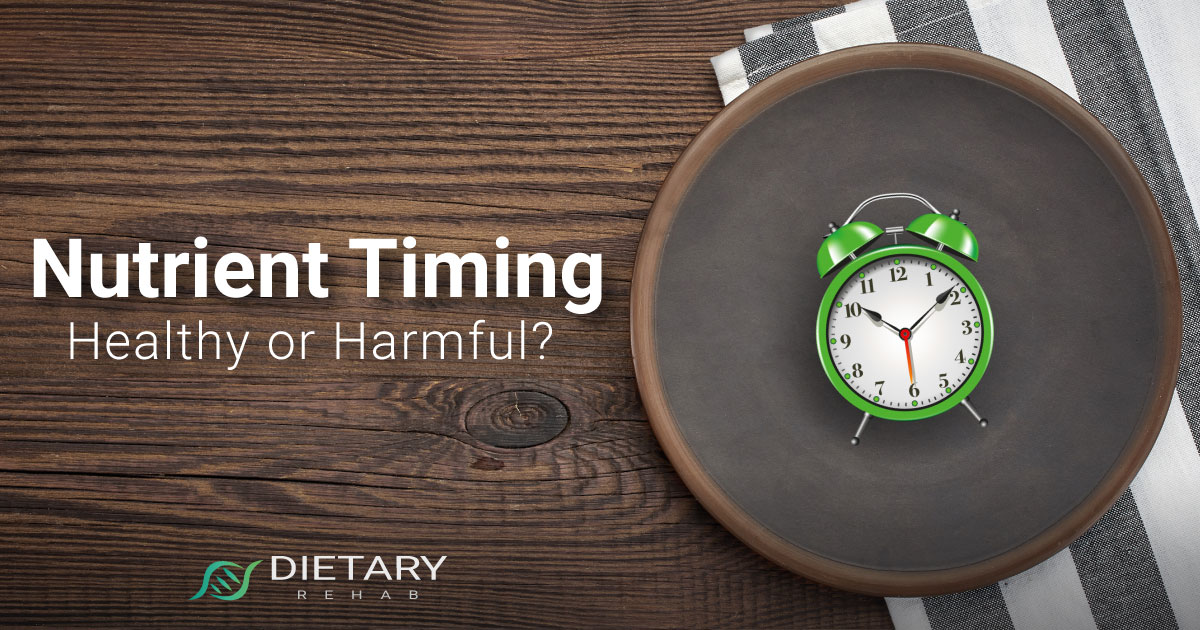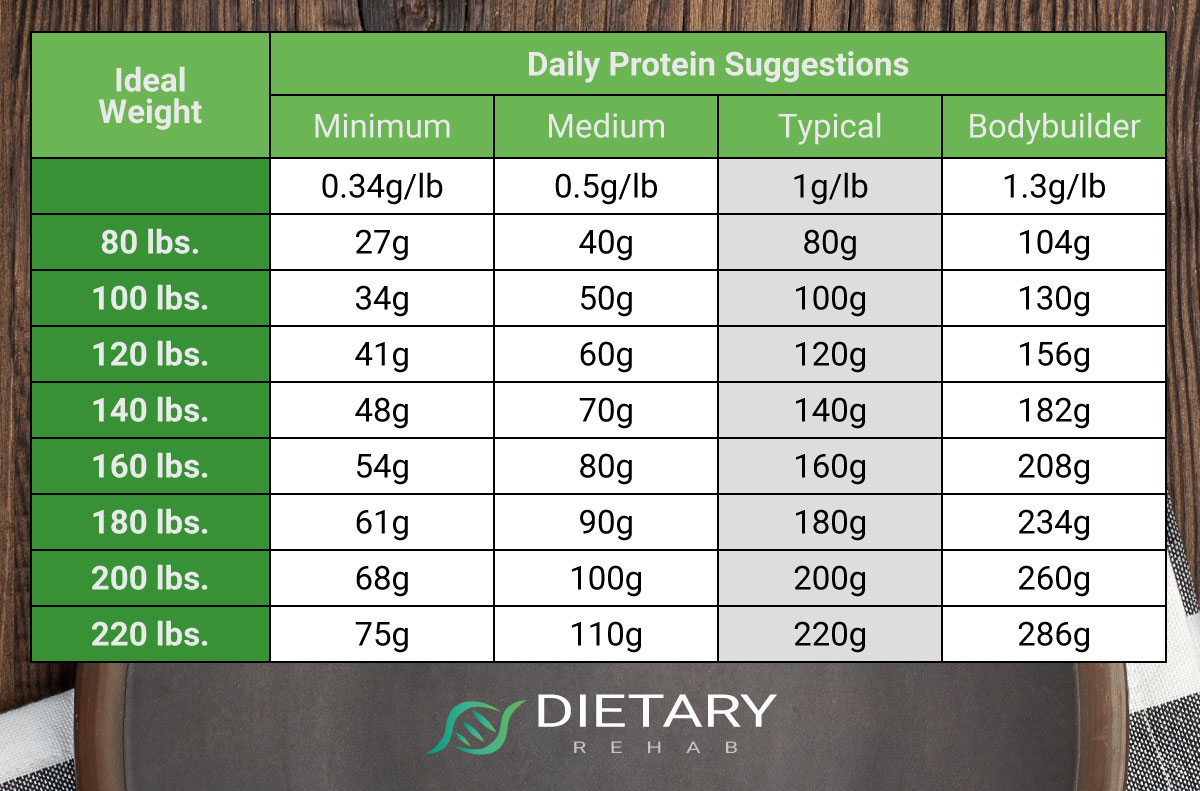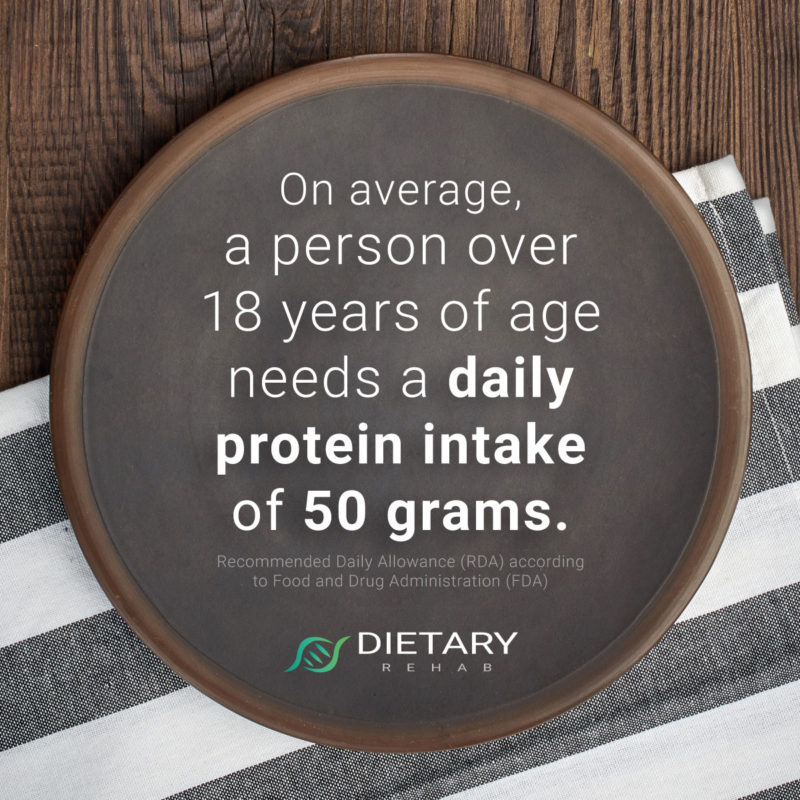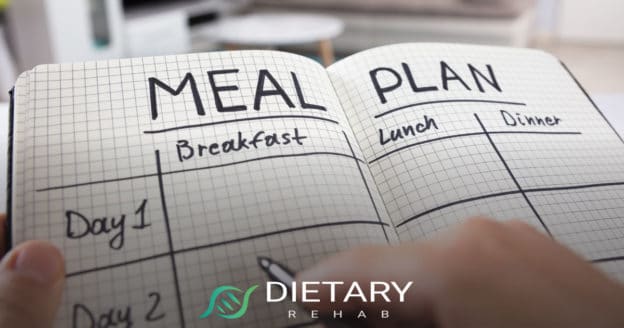
There’s been a lot of buzz about how food is meant to be for nutritional benefit. Some even refer to food as medicine. When eating food that is rich in nutrients, the body receives what it needs to work optimally and help generate a sense of well-being.
About 15 years ago, the media caught wind of what professional athletes already knew: that eating the right food at the right time could enhance fitness, increase physical performance and maximize weight loss. Once this information trickled down to the masses, the diet and nutrition industry took hold and applied it to mainstream America.
Let’s assume the intentions were for the greater good, but the healthful benefits of nutrient timing may not apply to the general population.
What Is Nutrient Timing?
The premise of nutrient timing is simple. A person eats:
- Specific foods
- In specified amounts
- In specified combinations
- At specified times
Usually, small meals take place five to six times a day to include varied selections of whole grains, vegetables, fruit, healthy fats and proteins that together are no larger than the size of a person’s fist.
Depending on a person’s reasons or goals for using nutrient timing, the amount of foods may shift. For example, a person training for a marathon will use nutrient timing to help maintain lean muscle mass.
Comparatively speaking, someone looking to shed fat or maintain current weight may use the nutrient timing system as a means to ward off hunger throughout a workout regimen. Much of the difference – and potential risk – comes down to the intake of protein.
Excess Protein Is too Much too Soon
There is a link between protein intake and lean muscle mass. With protein, the body can maintain or build greater muscle mass. But without enough protein, muscle is lost.
Many diet programs have beefed up protein intake to help force the body to shed fat instead of lean muscle. However, there is some backlash about excess protein and what it can do to the body’s internal systems.
Although the recommended daily allowance of protein intake seems high, it’s easy to see how quickly a person can get the necessary amount.

How the Body Uses Protein
Protein, unlike other nutritional components, cannot be sourced within the body, meaning that once a person has depleted their existing level of protein, there is no other internal supply. Although proper protein intake is vital, it does not supersede the importance of carbohydrates. With nutrient timing, a healthy balance is more readily achieved by design.
With an increased protein intake, metabolism converts to what’s known as a state of ketosis. Instead of using carbohydrates to generate fuel or energy, the body will process or burn its fat. During ketosis, one can feel less hungry and the need to release excess water.
Sounds good, right? Not so fast.
In order to break down protein effectively, the body generates ammonia – seriously. The body can only handle so much ammonia. To release higher levels of ammonia, the body needs to sweat it out.
An imbalanced nutrition regimen with higher levels of protein can increase ammonia levels, which can somewhat be compensated through more strenuous exercises or athletic conditioning. What about average Joe? What about plain Jane? Should they even think about nutrient timing?
If It Ain’t Broke, Don’t Fix It
Nutritional balance is everything. Using food as a method to maintain or alter physical shape, and to keep or increase internal health, is wise. What’s even more amazing is that it doesn’t have to be complicated. Sustenance and fitness are not fixed but flexible, just as nutrient timing was meant to be.
When Your Body Talks, Listen
The right nutrition differs per the individual. Many contributing factors help dictate which foods to eat and what time to consume them.
 Examine the following when considering entering into a nutrient timing eating plan:
Examine the following when considering entering into a nutrient timing eating plan:
- Genetics
- Metabolism
- Environment
- Lifestyle or Schedule
- Level of Physical Activity
Realistic expectations also play a big role in the planning and success of nutrient timing for healthy living. Take a moment to think back: Have you ever been on a diet or nutrition program, due to the testimonials of other people, believing you would achieve the same or similar results? More than likely, you didn’t.
Every nutrition plan works differently for each person. Nutrient timing, like any other sustenance program, is a lifestyle model that can be adjusted to fit your needs. Take into account the goals, the duration required to get there and, throughout the process, how the body reacts and how you feel.
Signs that Healthy Intake Is Off
The purpose of nutrient timing is to use healthy food as the catalyst to better body functionality and, in some cases, appearance.
There are also contraindications that suggest a change in the plan is needed:
- Perspiration has ammonia odor
- Dehydration
- Tiredness
- Nausea
- Diminished performance
The Healthy Advantages of Nutrient Timing Outweigh the Risks
By using nutrient timing as a tool to ensure a balanced, healthy diet in easy-to-digest portion sizes can provide long-lasting benefits to all people. When physical activity changes, so too should the amount of food and/or the frequency of the nutrient timing.
Additionally, consuming carbohydrates and protein together within 45 minutes before or after a strenuous workout can provide the bones and muscles what they need to boost performance and build strength. As the metabolism kicks into high gear during and for up to 90 minutes after a workout, nutrient timing then supports the caloric intake and the training session, diminishing the risk for unhealthy weight gain.
Nutrient timing can complement the immeasurable value in daily nutrition for the short and long term.
Read More About Nutrition and How Dietary Rehab Can Help Build a Healthy Lifestyle Program That’s Right for You











